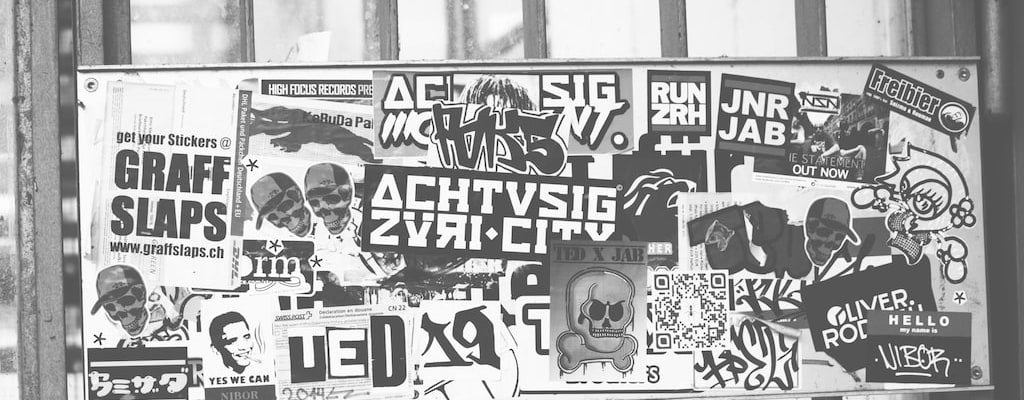wouldn’t you say: Idiom Meaning and Origin
What does ‘wouldn't you say’ mean?
The idiom "wouldn't you say" is often used to seek agreement or confirmation from others about one's statement or opinion.

Idiom Explorer
The idiom "you can't judge a book by its cover" means that you cannot predict the true nature or value of something just by its outward appearance.
The idiom "you can say that again" means that someone strongly agrees with what has just been said.
The idiom "you bet" is used as a confident and emphatic response to indicate that someone is absolutely certain or agrees with something. It is a casual way of expressing agreement or confidence.
The idiom *yes to death* means to agree or accept something completely, without any hesitation or reservation.
The idiom "yeah, yeah" is an informal expression used to dismiss someone's input or opinion as unimportant or insignificant. It can also convey impatience or annoyance with someone who is talking too much or repeating themselves.
The idiom "wouldn't you know" is used to express a feeling of inevitability or irony about something that has happened. It implies that the outcome was expected or not surprising given the circumstances.
The idiom "wouldn't shout if a shark bit him" means that someone is very quiet or unemotional, even in a dangerous or shocking situation.
The idiom "word to the wise" means that someone is giving a piece of advice or a warning to people who are already knowledgeable and experienced in a certain area.
An Expressive Interrogative
The idiom "wouldn't you know" is related to "wouldn't you say" as it also seeks agreement or confirmation from the listener. It is used when the speaker wants to express a feeling of inevitability or irony about a situation. For example, someone might say, "I finally found my keys right where I left them, wouldn't you know?" This usage suggests that the speaker finds it ironic or expected that the keys were exactly where they were expected to be.
The idiom "I'd say" is also related to "wouldn't you say" and is used to express an opinion or make a statement with confidence. It is often used to provide a personal perspective or offer an estimation based on the speaker's knowledge or experience. For instance, someone might say, "That movie was fantastic, I'd say." This usage indicates that the speaker personally believes the movie to be excellent and is confident in their assessment.
Another related idiom is "what do you say," which is often used to make a suggestion or proposal and seek agreement or approval from the listener. It is commonly employed in informal conversations or when making plans. For example, someone might say, "Let's go grab dinner tonight, what do you say?" This usage indicates that the speaker is suggesting an activity and wants to know if the listener agrees or is interested.
The idiom "I would" is also related to "wouldn't you say" and is used to express a conditional action or hypothetical situation. It is often employed when offering advice, making suggestions, or discussing possibilities. For instance, someone might say, "If I were you, I would ask for a raise." This usage suggests that the speaker is offering their opinion on what they would do in a given situation.
Lastly, the idiom "I don't know about that" is related to "wouldn't you say" and is used to express doubt or skepticism about a statement or proposition. It is often employed when the speaker is uncertain or disagrees with the information or opinion being presented. For example, someone might say, "The concert is going to be amazing. I don't know about that." This usage indicates that the speaker is skeptical or unsure about the quality of the concert.
The idiom "wouldn't you say" is a versatile expression that seeks agreement or confirmation from the listener. It can be used in various contexts and carries subtle nuances depending on the tone and context of the conversation. The related idioms of "wouldn't you know," "I'd say," "what do you say," "I would," and "I don't know about that" further demonstrate the range of expressions available in the English language to convey opinions, seek agreement, and express doubt or skepticism.
Example usage
Examples of how the idiom wouldn't you say can be used in a sentence:
- He's done really well in his exams, wouldn't you say? (Used to seek agreement or confirmation)
- I think the weather is lovely today, wouldn't you say? (Used to express an opinion and ask for agreement)
- She always brings a positive energy to the team, wouldn't you say? (Used to invite another person to share their viewpoint)
More "expression" idioms



